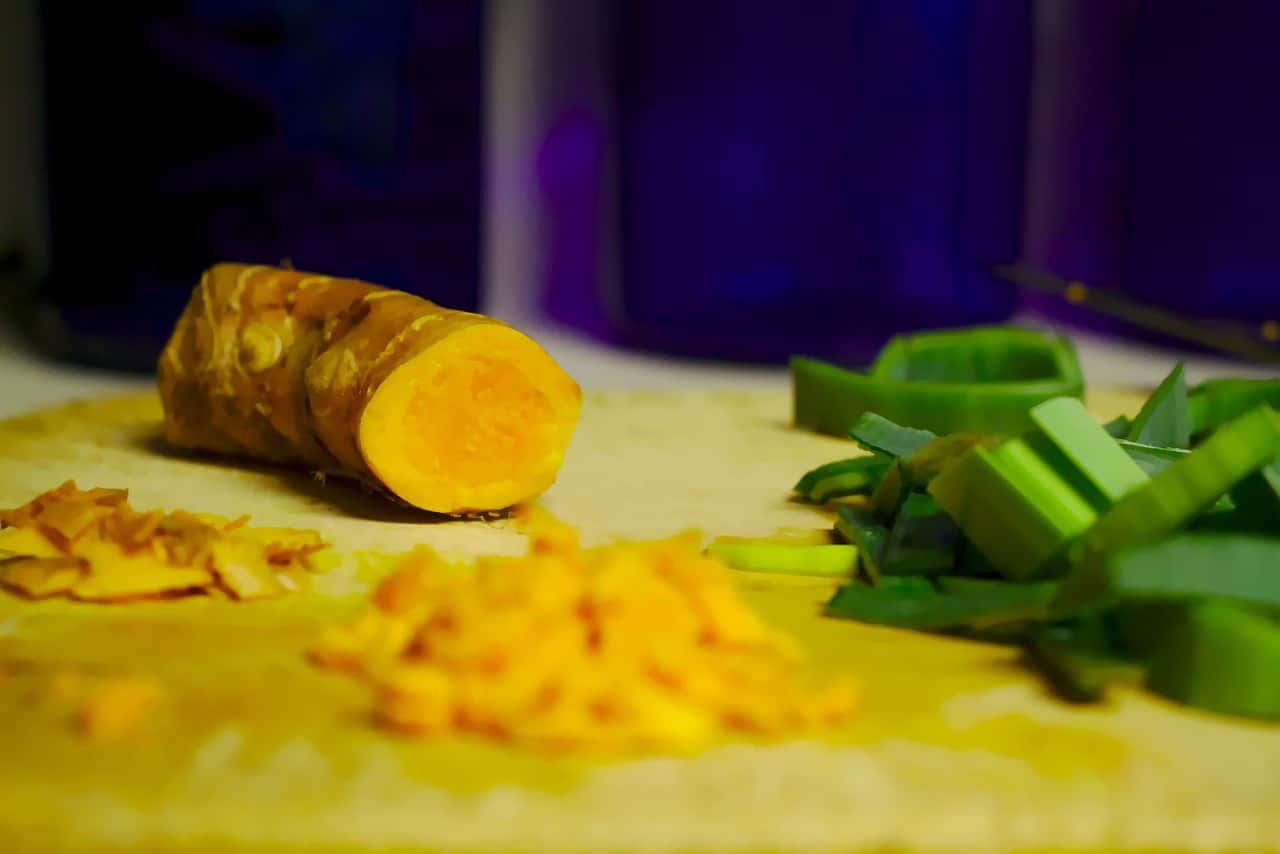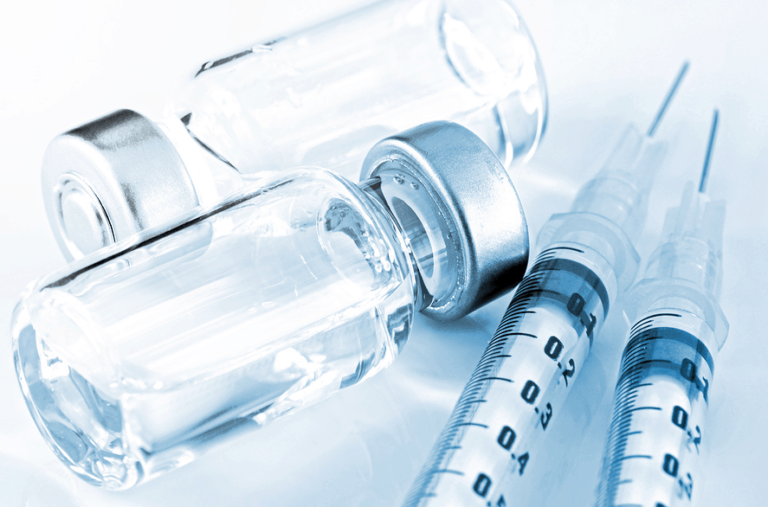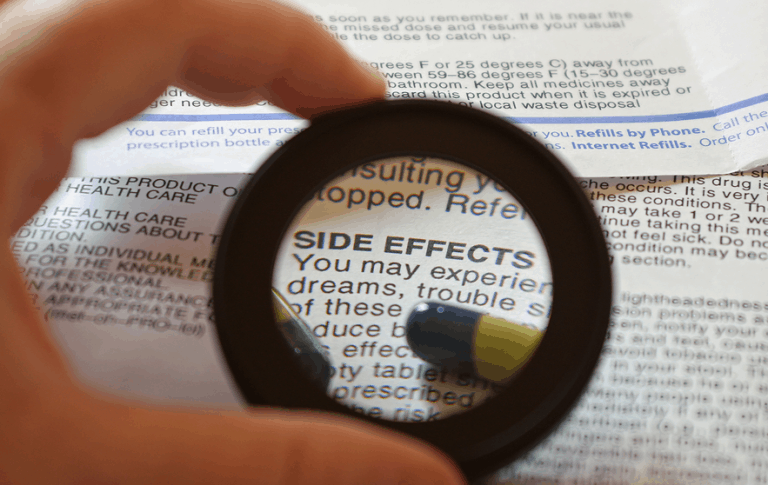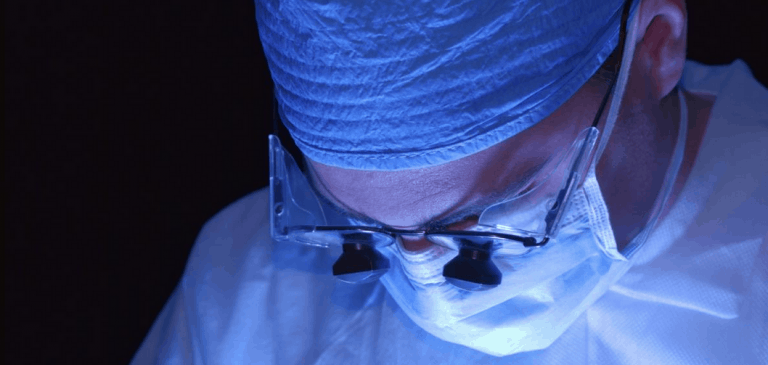What if we could spice up our prevention and treatment of prostate cancer? Given our current inability to effectively treat aggressive, hormone-refractory forms of the disease with drugs, radiation, hormone therapy, or surgery, perhaps we need to look more closely at options outside of the box; say, a curcumin and prostate cancer connection.
Why curcumin and prostate cancer?
First of all, curcumin is a potent anti-inflammatory and antioxidant compound found in the spice turmeric. These are two important qualities for potential preventive and treatment options for tackling prostate cancer. Some research has indicated that curcumin diferuloyl methane can interfere with the process involved in causing bone cells to form cancer deposits in hormone-refractory prostate cancers.
Curcumin can also have many other effects on prostate cancer and the formation of tumors.
The following are just some of the ways this plant compound could change the course of prostate cancer. For example, curcumin
- Can boost a factor called BMP-7, which interacts a specific growth factor, ultimately resulting in inhibition of tumor growth
- Increases the response of a receptor that promotes the expression of BMP-7
- Raises levels of BMP-7, which results in the formation of brown fat, which prevents the spread of tumor cells
- Reduces the expression of pro-inflammatory adipokine, which in turn reduces inflammation promoting compounds such as tumor necrosis factor-alpha and monocyte chemoattractant protein
- Reduces the expression of androgen receptors as well as helps prevent binding of androgen receptors to the PSA gene, which in turn could inhibit progression of a prostate tumor to become hormone independent
- Suppresses a gene in the natural killer class that plays a role in both normal and tumorous prostate growth
- Can target cancer stem cells that play a part in the initial growth of prostate tumors and in treatment failure
- Inhibits epidural growth factor receptor signals, which are involved in the spread of tumor cells and aggressive characteristics of the disease
- Prevents angiogenesis, which is the formation of blood vessels that can feed the tumor
- Promotes apoptosis, which is the death of prostate cancer cells
- Can also do so much more, but the examples already provided are a good start. Research conducted thus far has demonstrated these potential benefits of a relationship between curcumin and prostate cancer.
Although the list of abilities of curcumin in the fight against prostate cancer is impressive, there is still much more research that needs to be done to improve the bioavailability of this plant compound for human use. In the meantime, men and their physicians should discuss the use of curcumin in the fight against prostate cancer.
Read more in our Prostate Cancer Health Center.
References
Chen S et al. Anticancer potential of novel curcumin analogs atowards castrate-resistant prostate cancer. International Journal of Oncology 2018 Feb; 52(2): 579-88
Choi YH et al. A randomized, double-blind, placebo-controlled trial to evaluate the role of curcumin in prostate cancer patients with intermittent androgen deprivation. Prostate 2019 May; 79(6): 614-21
Dorai T et al. Curcumin inhibits prostate cancer bone metastasis by up-regulating bone morphogenic protein-7 in vivo. Journal of Cancer Therapy 2014 Apr 1; 5(4): 369-386
Park W et al. New perspectives on curcumin in cancer prevention. Cancer Prevention Research (Philadelphia) 2013 May; 6(5): 387-400
Thomas L. Can curcumin prevent or treat prostate cancer? News Medical.net 2019 Mar 21







